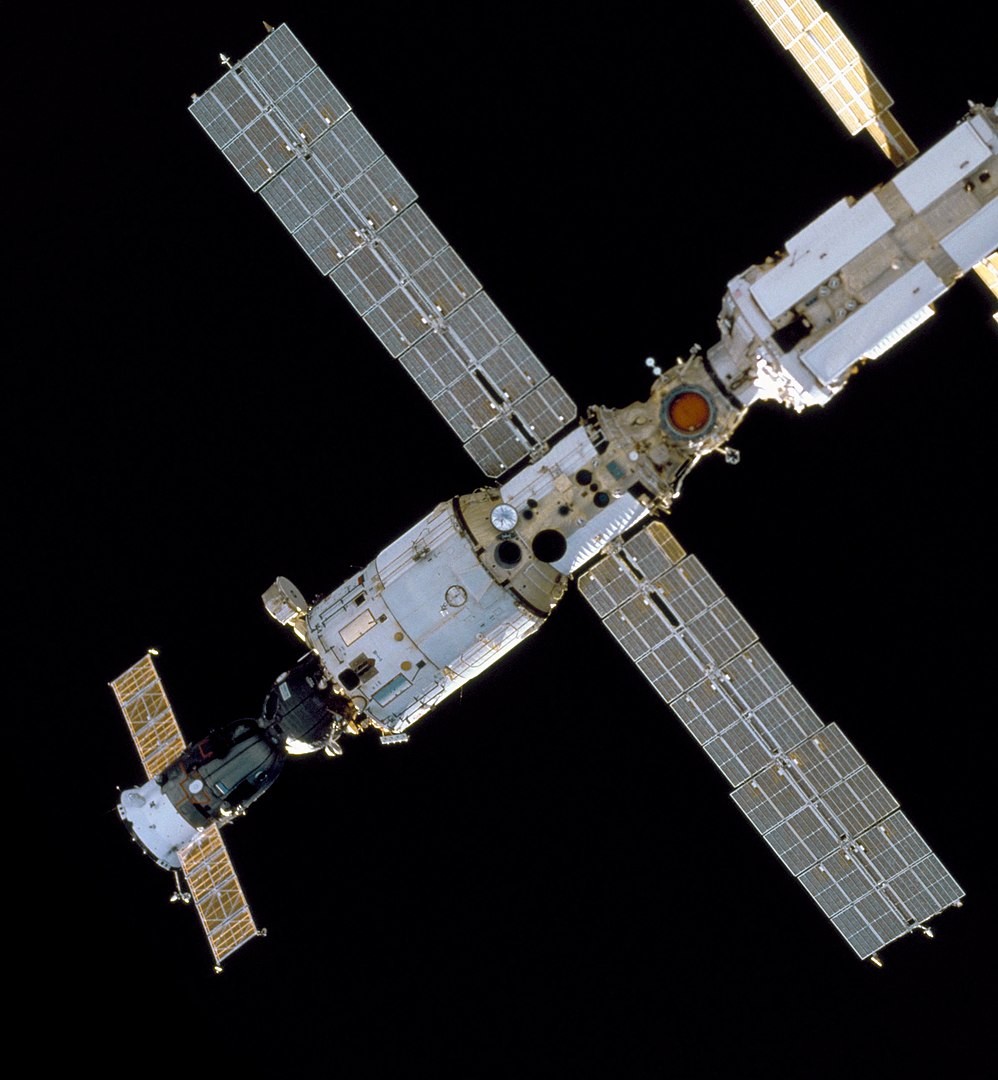Target shrinks. NASA and Roscosmos agency operators have indeed determined that the air leak, recorded on board the ISS since September 2019, is in one of the Russian modules of the station. However, it has not yet been precisely located.
The ISS is not completely waterproof. The structure installed more than 400 kilometers above our heads does indeed continuously lose small amounts of gas into space. This is why it is regularly re-pressurized by means of nitrogen tanks transported by cargo ships.
In September 2019, however, operators noticed a slight increase in this loss rate, considering the presence of a leak on board the station. However, this was not large enough to worry the Russian and American agencies, so the more important routine operations continued normally.
At the time, SpaceX's first commercial mission (Demo-2) was being prepared, on behalf of NASA. Maintenance operations also required astronauts to perform several spacewalks. As the other major deadlines are not scheduled until at least next October, NASA and the Russian agency Roscosmos then decided that it was time to deal with this famous leak.
So the investigation only really started last month. Astronaut Chris Cassidy and cosmonauts Anatoly Ivanishin and Ivan Vagner were therefore tasked with gradually closing the hatches of each module. They also tested each module using an ultrasonic leak detector. In this way, operators on the ground could then monitor the pressure of each of them to isolate the source of the leak.
After a few days, the two agencies had already narrowed down the likely location of the source of the problem to several Russian modules. Finally, on Tuesday morning, operators discovered that the leak was in the service module Zvezda, the station's main Russian module .
As a reminder, this Zvezda module supplies half of the station with oxygen and drinking water. It is also equipped with a machine for removing carbon dioxide from the air. Finally, it contains the bedrooms, the dining room, the refrigerator, the freezer and the bathroom of the Russian segment of the station.
“Additional work is now underway to precisely locate the source of the leak” , NASA officials wrote on Tuesday. She also reminds us in passing that this leak does not represent any immediate danger for the crew. Moreover, the hatches between the American and Russian segments are open again and normal activities have resumed on board the station.

Turn-over side, remember that the astronaut Kate Rubins and cosmonauts Sergey Ryzhikov and Sergey Kud-Sverchkov will launch to the ISS aboard a Soyuz spacecraft on October 14. Four other crew members will join them aboard a SpaceX Crew Dragon capsule on October 31. Meanwhile, Chris Cassidy, Anatoly Ivanishin and Ivan Vagner will return to Earth, ending their six-month orbital stay.